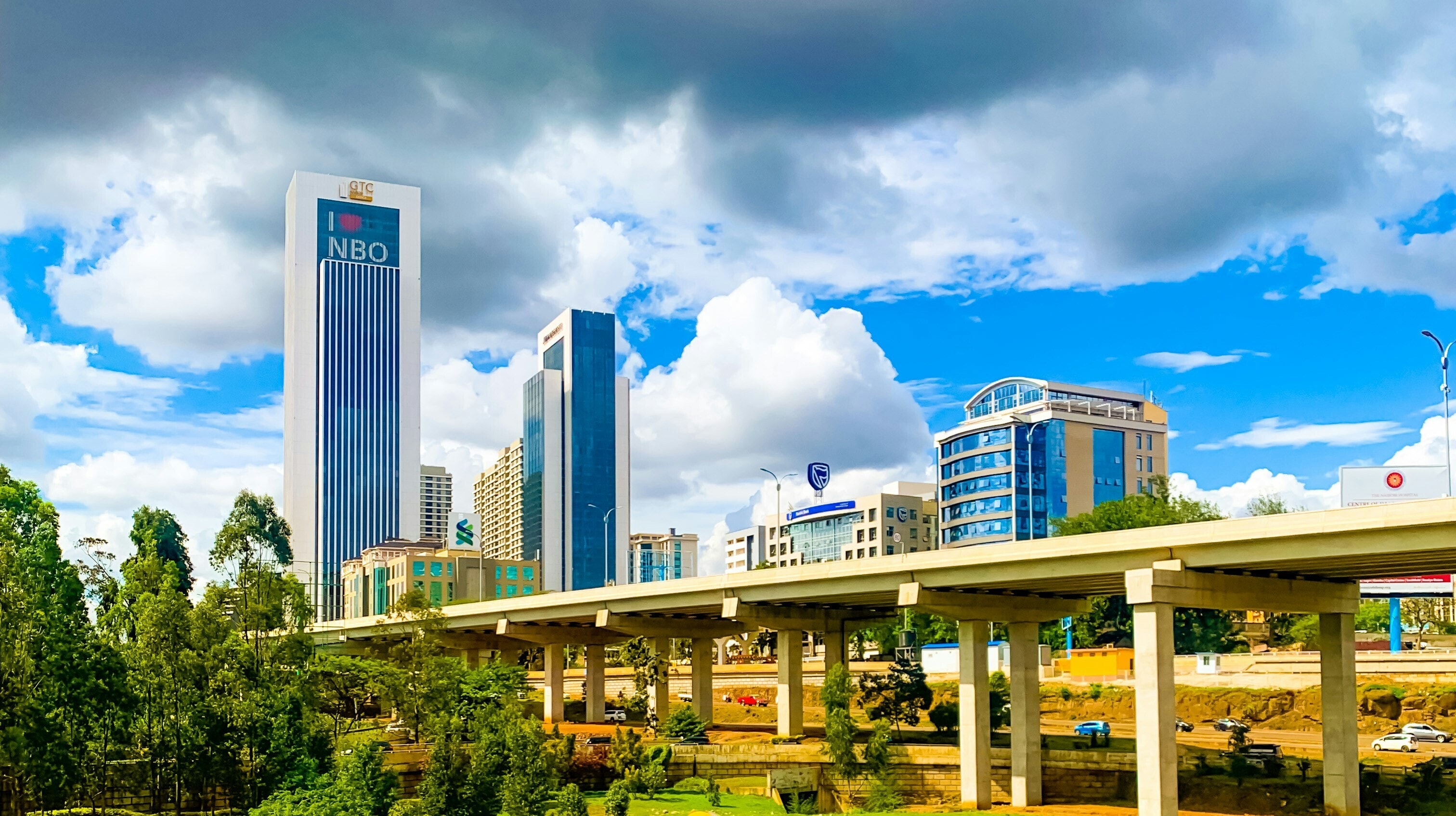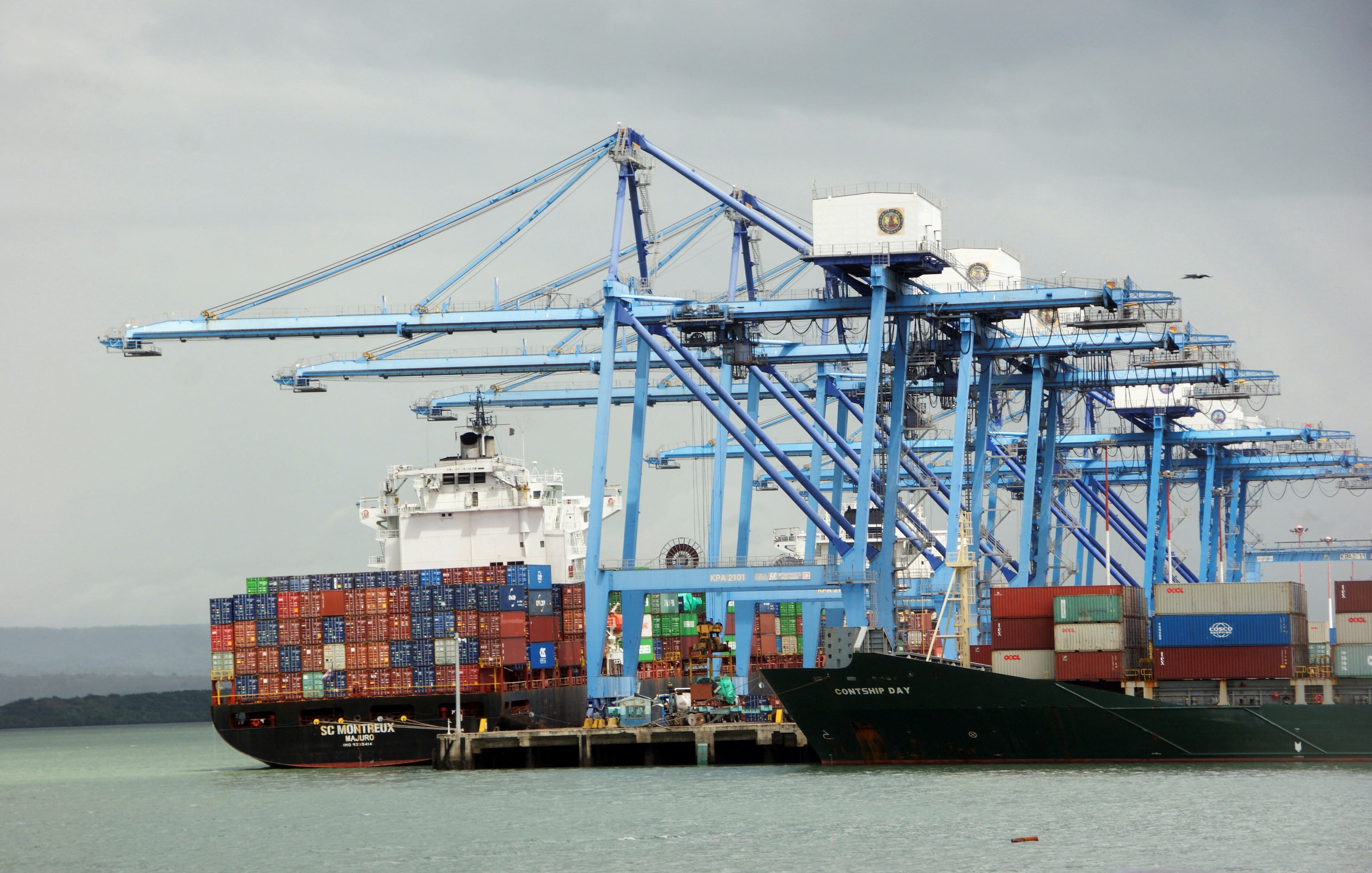Why workers' voices need to be included for democracy that delivers

"Growth must empower and enfranchise people rather than exploit them."
Image: Getty Images/iStockphoto
Stay up to date:
Human Rights
- The world has become more economically, infrastructurally and socially interconnected in the 80 years since the end of the Second World War.
- But growing inequalities within and among nations, climate change and the corporate capture of technological advancements are eroding progress.
- A new social contract that includes workers and reimagines the purpose of growth, invests in people and delivers prosperity for all is needed.
This year marks 80 years since the end of the Second World War, the creation of the Bretton-Woods financial institutions, and the founding of the United Nations. Since then, the world has become increasingly interconnected – economically, infrastructurally and socially.
However, growing inequalities within and among nations, accelerating climate change and the corporate capture of technological advancements are eroding much of the progress achieved.
Working people, under relentless pressure to increase productivity, are the first to feel the effects of these disruptive forces and too often are the last to have their voices heard.
Discontent with the failures of unbalanced globalization is visibly growing across the globe. A new social contract is needed – one that reimagines the purpose of growth, invests in people, and delivers social justice and prosperity for all.
Growth must empower and enfranchise people rather than exploit them, and investments must strengthen pluralistic societies rather than deepen divisions. This is the path to rebuilding trust in institutions.
Equality a pre-requisite for global prosperity and stability
The International Trade Union Confederation (ITUC) maintains that democracy, equality and workers' rights are essential prerequisites for global stability and shared prosperity.
Too often, we have found that many global businesses undermine democracy – at work, in societies and in global institutions – through violations of workers’ rights, unethical lobbying, and through their support of authoritarian political movements.
A renewed commitment to democracy at all levels and a paradigm shift toward a new social contract are urgently needed for the global economy to effectively deliver for working people.
Reimagining growth for a fairer economy
The current discourse on economic growth is overly focused on technology and innovation. Growth, however, must be rooted in fairness, inclusivity, and sustainability.
The digital economy now accounts for more than 15% of global GDP, yet its benefits are unequally distributed, often bypassing workers at the base of the economic pyramid – those who create the wealth.
We need an innovative approach to growth that addresses these inequalities and tackles critical issues. Progress must uplift workers across industries, rather than leave them behind.
Growth must empower workers to organize, uphold human rights, and safeguard against exploitation, ensuring that gains are enjoyed by all – especially in the platform and tech sectors.
Climate action must be integral to growth. Industries must adopt sustainable practices that create good green jobs, benefiting both society and the environment through just transitions. This is not just ethical, it is crucial for resilience, long-term success and sustainability.
A resilient economy relies on skilled workers, yet global investment in human capital remains insufficient. As technology advances, workers require training and reskilling, but millions are unsupported, underemployed and left behind by rapid change, resulting in unacceptable social costs.
Rebuilding trust: A renewed social contract
The erosion of trust between people and the institutions that serve them is a critical challenge.
Many workers distrust systems that prioritize corporate profits over the public good, undermining confidence in democracy. A new social contract is needed to align corporate and political behaviour with public interests.
The ITUC's For Democracy campaign emphasises that trust can be restored by protecting workers' rights, amplifying their voices and respecting collective power. Collective bargaining, and inclusive social dialogue between labour, business and government are foundational to this process.
In an era of rising authoritarianism and polarization, protecting democracy – starting in the workplace – is not just a moral imperative but also an economic necessity. When workers are respected and their voices valued, they contribute more effectively to collective well-being.
Accept our marketing cookies to access this content.
These cookies are currently disabled in your browser.
Workers need to help shape economic vision
As leaders and stakeholders gather in Davos for the World Economic Forum’s 2025 Annual Meeting, they must prioritize these issues from a workers' perspective.
Growth, investment and trust can only flourish if the working people driving our economies also shape our economic vision. The ITUC calls for bold commitments to foster democracy that delivers peace, collective power, social justice and prosperity for all.
To those leaders discussing the future, we ask: Will you commit to an inclusive and sustainable growth model? Will you invest in people – not just technology – by creating fair, decent jobs and protecting workers' rights? And will you rebuild trust in our institutions by upholding democratic principles that empower workers and their communities?
This year presents an opportunity to address these challenges and empower working people to take control of the decisions that shape their lives.
How is the World Economic Forum promoting equity in the workplace?
Starting with the World Economic Forum at Davos 2025, continuing with the UN International Conference on Financing for Development and culminating in the second World Summit for Social Development, we deliver a new social contract of decent work, climate-friendly jobs, workers’ rights, fair wages, universal social protection and equality for all.
Global business and political leaders must safeguard peoples’ dignity in the global economy, as enshrined in the international human rights system. When they fail to do so, they must be held accountable by unions and democratic institutions that represent working people.
The choices we make today will determine the future for millions of workers worldwide. We must act decisively now.
Don't miss any update on this topic
Create a free account and access your personalized content collection with our latest publications and analyses.
License and Republishing
World Economic Forum articles may be republished in accordance with the Creative Commons Attribution-NonCommercial-NoDerivatives 4.0 International Public License, and in accordance with our Terms of Use.
The views expressed in this article are those of the author alone and not the World Economic Forum.
Forum Stories newsletter
Bringing you weekly curated insights and analysis on the global issues that matter.
More on Global CooperationSee all
Michael Spence
August 22, 2025
Nii Simmonds and David Timis
August 18, 2025
Natalie Pierce
August 12, 2025
JJ Enoch
August 6, 2025
Eric Holst
August 4, 2025
Catherine Chevauché
August 4, 2025





